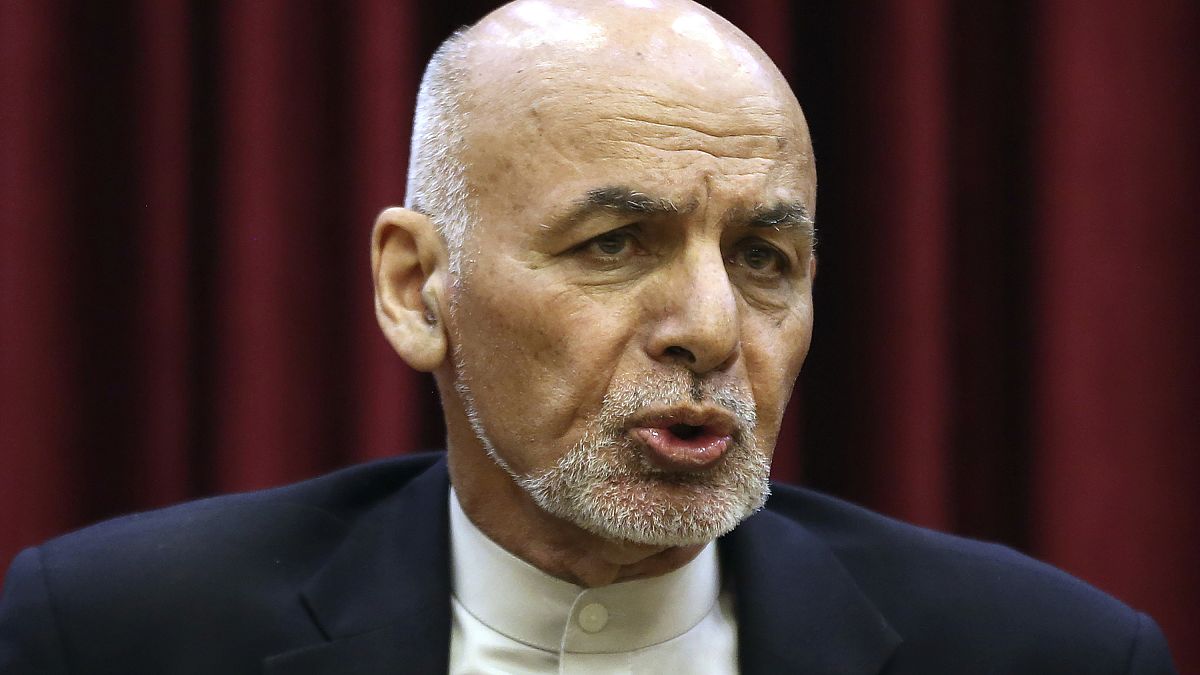The EU has pledged €1.2 billion to Afghanistan over the next five years. But why and what does the bloc gain?
With a donation of €1.2 billion over the next five years announced on Tuesday at a conference dedicated to Afghanistan, the EU has continued to pledge its support for the embattled country.
The bloc has been one of its longest and most generous supporters, but why has it committed so much money to the war-torn region and what does it get out of it?
Migration is one of the key factors here, with Afghan migrants continuing to be the second-highest asylum applicants in the EU.
But the EU's special envoy to the country, Roland Kobia, explained to Euronews that this isn't the only thing that makes the EU's role in the country so relevant.
"What we have seen in the past is that the instability that comes from Afghanistan also reaches remote parts of the world like Europe," he said. "Afghanistan is today the first population of irregular migrants in Europe, so this is a very important point and we should find a way to accompany this and look at the root causes.
"There are also narcotics. Afghanistan is the largest heroin producer in the world. So, there is a whole range of issues, ranging from extremism, violent extremism, to radical ideologies. All these things can, of course, be exported out of Afghanistan and reach our countries."
There are also humanitarian concerns over the high-level of deaths in a war that has raged for nearly 20 years now.
According to the UN Assistance Mission in Afghanistan, between January and October this year, civilian casualties were at nearly 6,000, with 31% of these being children and 13% women.
"We have to understand that in these talks and following the Doha agreement between the US and the Taliban, there were five chapters," Kobia said. "Four chapters have been completed. The only one that remains is the ceasefire. So, I think that the international community has the right and the duty and responsibility to hold the Taliban accountable to the world and to bring a ceasefire not tomorrow but today because the ceasefire should not be the end of the process because this process may take quite long. It may take months, maybe years."
And with Donald Trump's decision to withdraw US troops from Afghanistan being heavily criticised, president-elect, Joe Biden, will be likely to reverse this move.
"I see that Trump is delivering a poison farewell gift to President-elect Biden by announcing the withdrawal of US forces. It's most likely that President-elect Biden will have to indeed walk back on that and confirm that the current level of US forces is the right one until there is marked improvement on the ground," Fabrice Pothier, chief strategy officer at Rasmussen Global explained.
He added the only thing the EU can do is to provide a "big cheque" to Afghanistan, but when it comes to the actual peace negotiations, there is very little the bloc can do.


